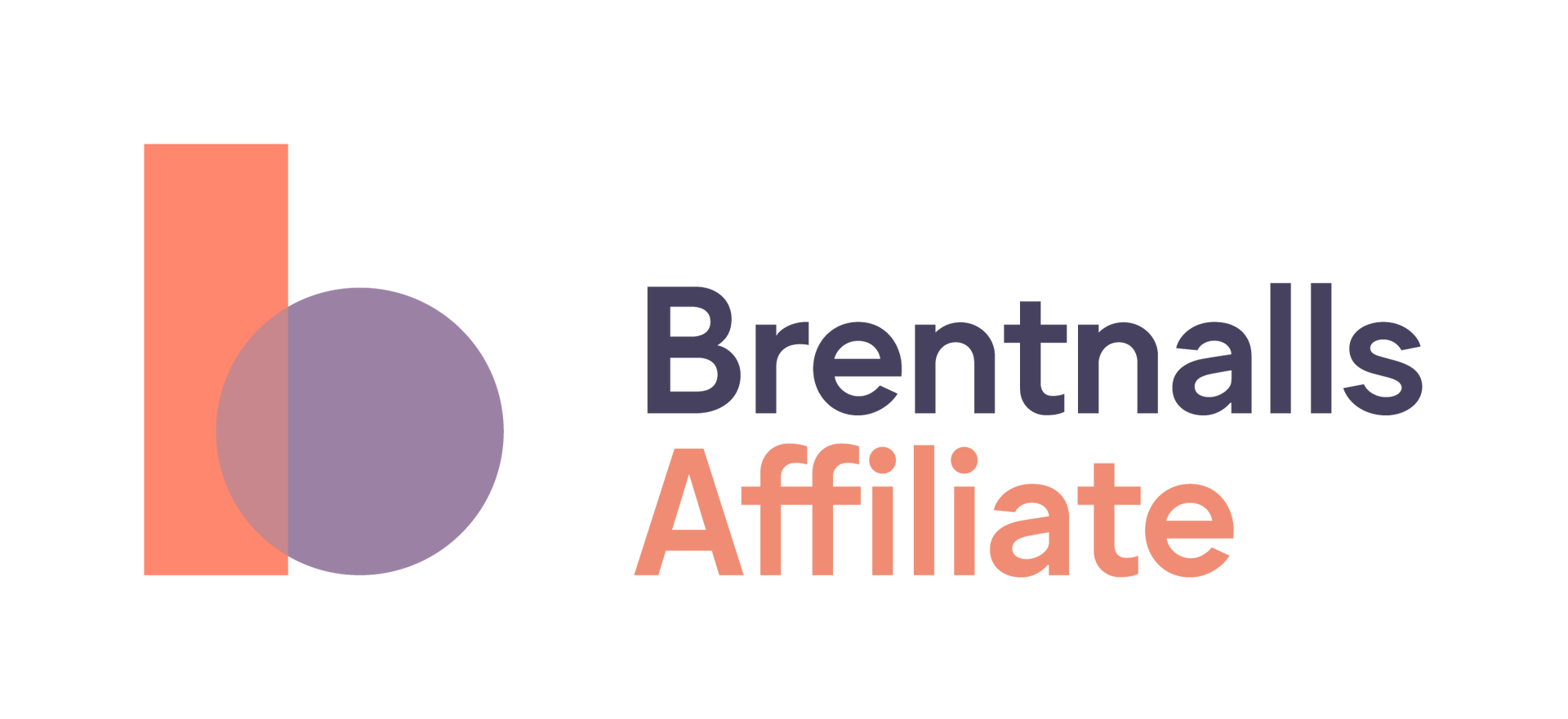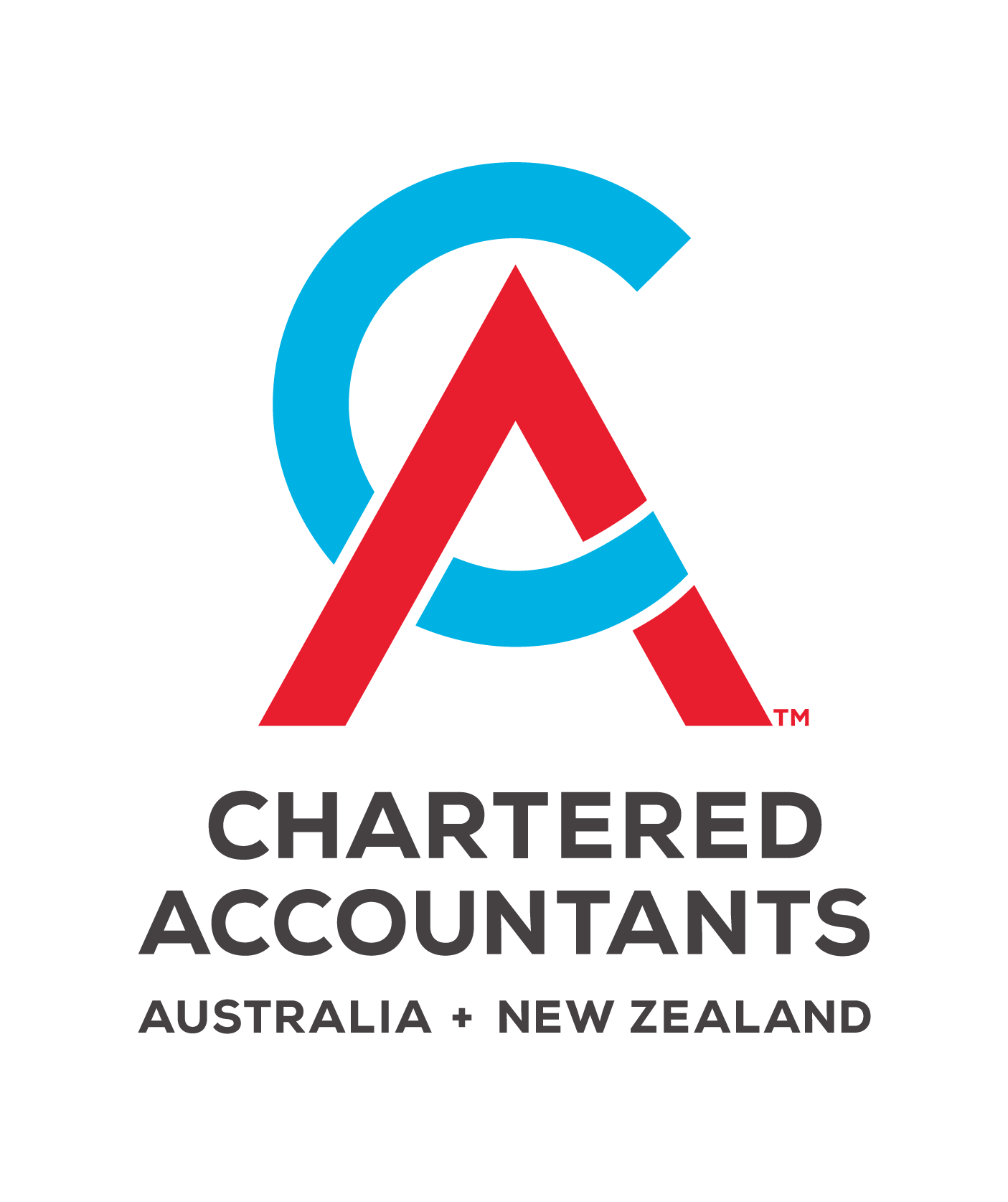Privacy Law Reform
The aim of the Privacy Act is to protect personal information about individuals handled by organisations. The Act contains Principles which set the minimum standards for handling personal information.
Personal information is information that identifies an individual or allows their identity to be readily worked out. It includes information such as a person's name, address, financial details, marital status, billing details, ethnicity, religion and health details. The Privacy Act does not apply to employment records of private sector organisations, used for employment purposes.
Privacy Laws-Mandatory Reporting Of Notifiable Breaches
Since 22 February 2018, businesses with an annual turnover of more than $3 million or who deal with Tax File Numbers (TFN's) need to comply with the Notifiable Data Breaches scheme under the Privacy Act 1988 in addition to the existing obligations.
If a data breach involves personal information and is likely to result in serious harm to any individuals, you will need to notify both the individual involved and the Office of Australian Information Commissioner (OAIC).
Businesses are required to take reasonable steps to destroy or conceal information that is no longer needed, and to protect existing information. A breach can occur when personal information held by an organisation is lost or subjected to unauthorised access or disclosure. Examples of a data breach include when:
- A device containing a customer's personal information is lost or stolen.
- A database containing personal information is hacked.
- Personal information is mistakenly provided to the wrong person.
Penalties can apply for a breach of the new regime of up to $360,000 for individuals and $1.8m for Companies.
Privacy Law and Small Business
Small businesses with an annual turnover of $3 million or less do not need to comply unless they are:
- A health service provider;
- Trading in personal information, e.g., buying or selling a mailing list;
- Related to a business that is not a small business;
- Credit providers and credit reporting bodies;*
- A contractor that provides services under a Commonwealth contract;
- A reporting entity for the purposes of the Anti-Money Laundering and Counter-Terrorism Financing Act 2006;
- An operator of a residential tenancy database, or
- Activities related to the conduct of a protection ballot.
* Note: The credit reporting system may still apply.
Australian Privacy Principles
The 13 Australian Privacy Principles (APPs) set out standards, rights and obligations for the handling, holding, use, accessing and correction of personal information.
The Privacy Act also covers the following areas:
- APP 1 – Open and Transparent Management of Personal Information
- APP 2 – Anonymity and Pseudonymity
- APP 3 – Collection of Personal and Sensitive Information
- APP 4 – Dealing with Unsolicited Personal Information
- APP 5 – Notification of Collection
- APP 6 – Use or Disclosure of Personal Information
- APP 7 – Direct Marketing
- APP 8 – Cross Border Disclosure
- APP 9 – Adoption, Use or Disclosure of Government Identifiers
- APP 10 – Quality of Personal Information
- APP 11 – Security of Personal Information
- APP 12 – Access of Personal Information
- APP 13 – Correction of Personal Information
The Privacy Act also covers specified persons handling your:
- Consumer credit reporting information
- Tax File Numbers under the Tax File Number guidelines
- Personal Information contained under the Personal Property Securities register
- Old Conviction information under the Commonwealth Government Conviction Scheme
- My Health Record information
Commissioner's Powers
The Australian Privacy Commissioner is able to conduct performance assessments and apply orders or penalties to non-compliant businesses. Penalties may be up to $340,000 for individuals and up to $1.7 million for organisations.
Ensuring Your Complies with the Privacy Act
What you need to do to ensure your business complies with the Privacy Act will depend on the size and the type of business you run and the kind of personal information you collect.
The following steps provide a framework to ensure your business is ready to comply with the Privacy Act and reforms:
List of Services
-
Step 1Item Link List Item 1
Determine if you are either an APP entity, and how these reforms apply to your business
-
Step 2Item Link List Item 2
Appoint a Privacy Officer
-
Step 3Item Link List Item 3
Become familiar with the Australian Privacy Principles
-
Step 4Item Link List Item 4
Establish or review your Privacy Policy and/or Credit Policy
-
Step 5Item Link
Do a "Privacy Stocktake" of your business to determine how personal infomration is being collected and used
-
Step 6Item Link
Adjust your policies, procedures and protocols to ensure complicance with the Australian Privacy Principles
-
Step 7Item Link
Develop or review your Privacy Complaints Handling Process
-
Step 8Item Link
Train your staff on the Privacy Laws and your procedures
-
Step 9Item Link
Review your obligations in relation to the credit Reporting System
-
Step 10Item Link
Obtain external advice and assistance where necessary
More information on the obligations which may be relevant for your organisation can be found on the Office of the Australian Information Commissioner website http://www.oaic.gov.au/ or by contacting our office.
Discuss Further?
If you would like to discuss this, please get in touch.
Disclaimer
The information provided in this information sheet does not constitute advice. The information is of a general nature only and does not take into account your individual situation. It should not be used, relied upon, or treated as a substitute for specific professional advice. We recommend that you contact Brentnalls SA before making any decision to discuss your particular requirements or circumstances.
Services
"We feel confident in our financial decisions and can focus on growing our business with peace of mind."
John & Barbara Kalleske
Kalleske Vineyards Pty Ltd
Industry Focus
"Helping you achieve your dreams, is our passion, and our strength is in our dedicated professional team."
News & Resources
Acknowledgement of Country
We acknowledge the Traditional Owners of the land where we work and live. We pay our respects to Elders past, present and emerging. We celebrate the stories, culture and traditions of Aboriginal and Torres Strait Islander Elders of all communities who also work and live on this land.
Our Location
255 Port Road
HINDMARSH SA 5007
PO Box 338
Welland SA 5007



